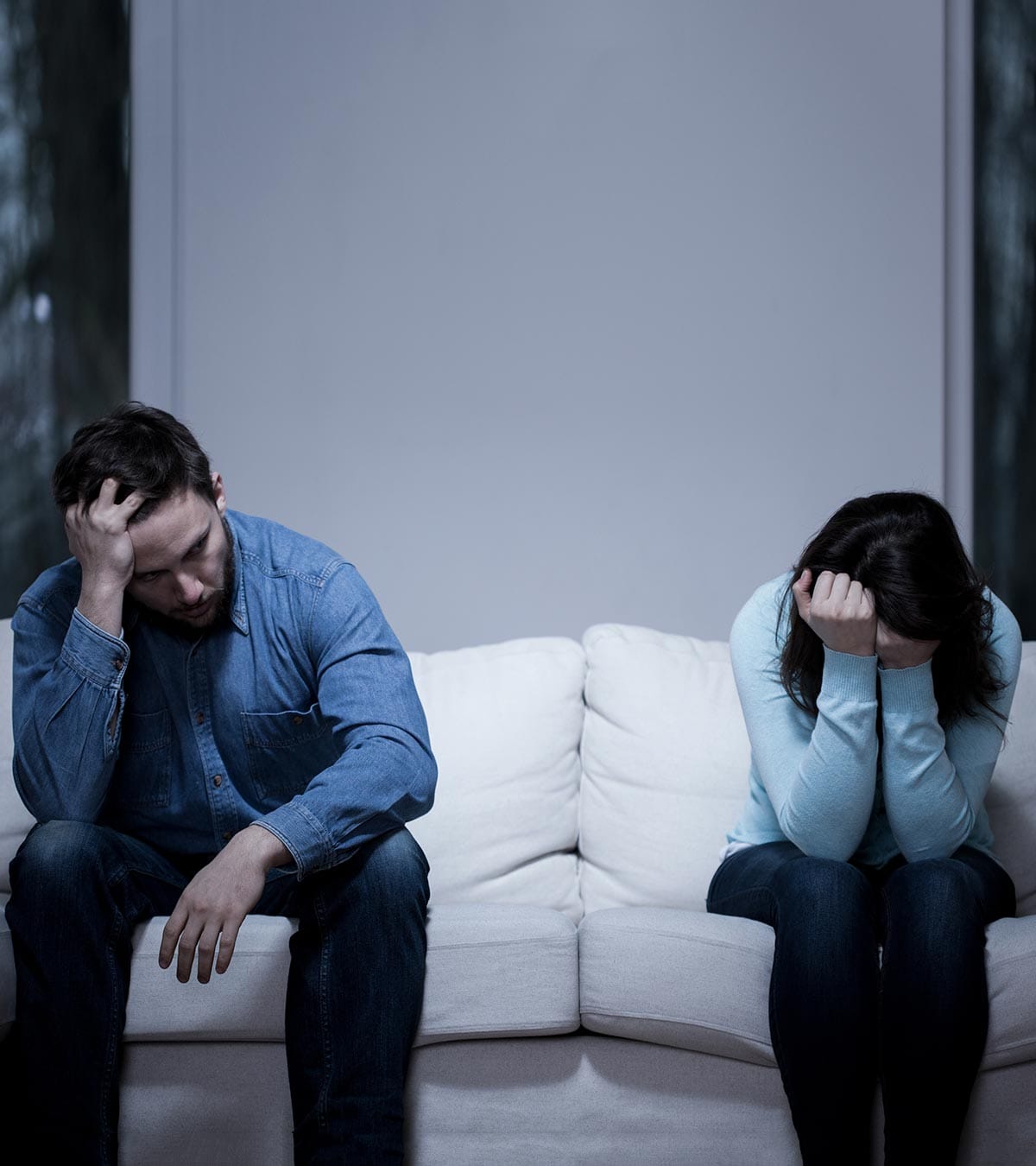Losing a loved one can be one of the most difficult experiences in life. Grief can be overwhelming and affect various aspects of your life. It’s essential to acknowledge that grief is a natural response to loss and that everyone experiences it differently.
Grief counseling is an effective way to cope with loss because it:
Provides Emotional Support:
- Safe space to express emotions
- Validation of feelings
- Empathy from trained therapists
Helps Process Complex Emotions:
- Identifies and addresses underlying emotions
- Works through guilt, anger, or regret
- Develops coping strategies
Fosters Self-Awareness:
- Explores relationships and memories
- Enhances self-understanding
- Encourages personal growth
Offers Coping Mechanisms:
- Teaches relaxation techniques
- Develops problem-solving skills
- Encourages self-care
Supports Meaning-Making:
- Finds ways to honor loved ones
- Rebuilds sense of purpose
- Creates new memories
Facilitates Connection:
- Joins support groups
- Builds social connections
- Reduces feelings of isolation
Promotes Healing:
- Integrates loss into life narrative
- Develops resilience
- Moves toward acceptance
If you or someone you know needs support after losing a loved one, consider seeking professional grief counseling.
Reminders:
- Grief is unique; there is no set timeline.
- Emotions can change rapidly.
- Healing is possible.
Seeking a therapist to talk to during your grief period can provide a safe space to process emotions.



